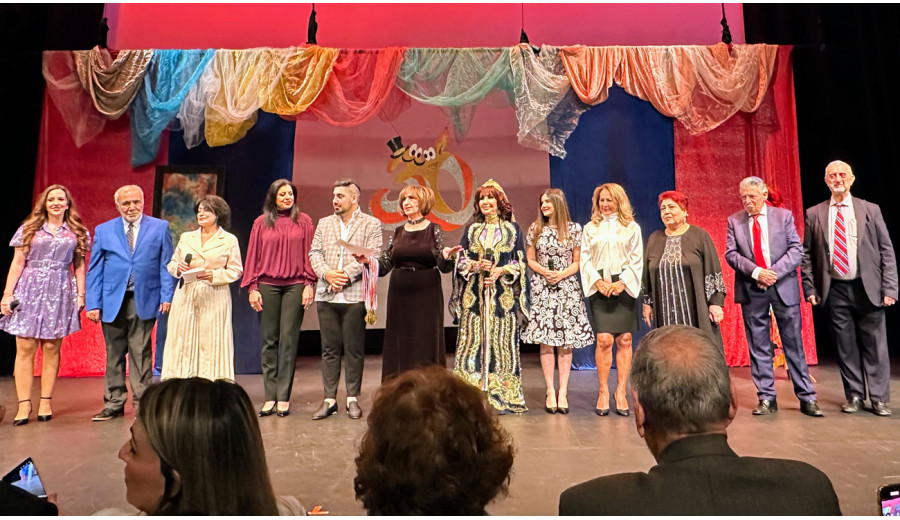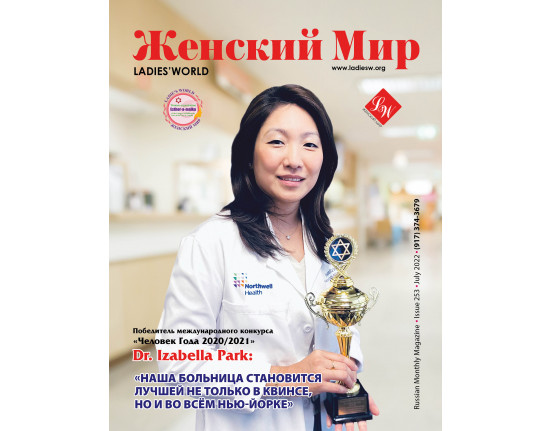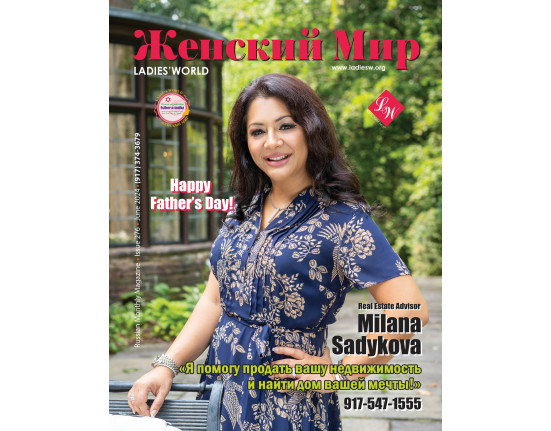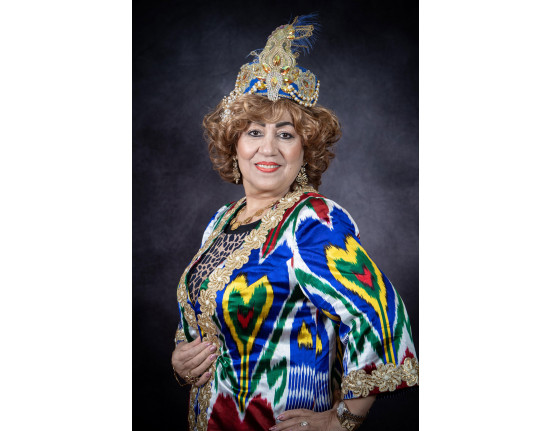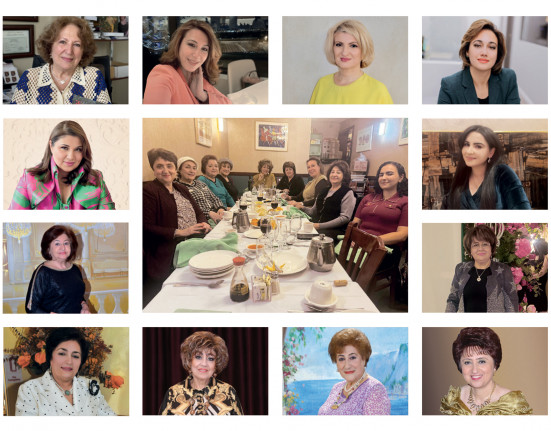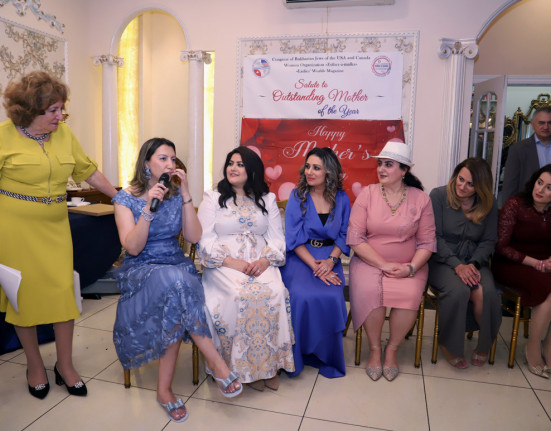On November 1 and 2, our
community once again received a generous dose of laughter therapy—thanks to the high artistry that long ago
outgrew the label of “folk theater,” created by the talented playwright,
humorist, and master of words Lyuba
Pilosova.
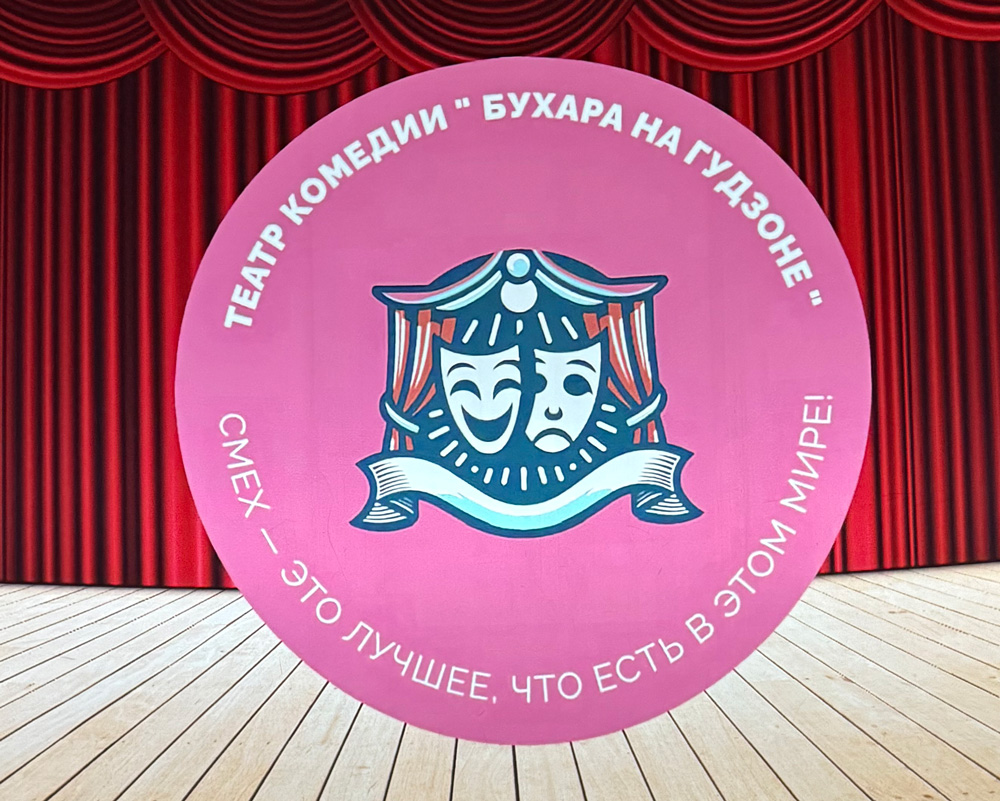 There’s little need for lengthy
introductions—Lyuba has been known and loved in our community for over 30 years, and not only from the stage. For
more than a quarter century, she has been an active community leader—our
like-minded partner in the organizations Esther
a Malka and Ladies’ World, and the
founder of the youth club KIVi
(Club of Interesting Meetings and …), where many young couples have since been
formed. Her theater’s charitable work is also well known, especially its
outreach following the events in Israel on October
7—something I’ve written about before. So I simply couldn’t miss the 30th anniversary of “Bukhara on the Hudson”—I
flew from San Diego to New York with my husband Boris to congratulate Lyuba on
this remarkable milestone.
There’s little need for lengthy
introductions—Lyuba has been known and loved in our community for over 30 years, and not only from the stage. For
more than a quarter century, she has been an active community leader—our
like-minded partner in the organizations Esther
a Malka and Ladies’ World, and the
founder of the youth club KIVi
(Club of Interesting Meetings and …), where many young couples have since been
formed. Her theater’s charitable work is also well known, especially its
outreach following the events in Israel on October
7—something I’ve written about before. So I simply couldn’t miss the 30th anniversary of “Bukhara on the Hudson”—I
flew from San Diego to New York with my husband Boris to congratulate Lyuba on
this remarkable milestone.
Much has already been written in The Bukharian Times and Menorah newspapers about Lyuba, her theater, and this
jubilee. I, however, want to share my personal
impressions of this laughter therapy.
As always, the performance by Bukhara on the Hudson sparkled with wit and
originality, switching between Russian, Bukharian, and English. My husband
wiped tears of laughter from his eyes! The entire script—from the first to the
last line—was written by Lyuba herself in all three languages. Her ability to
coach her actors in stage speech is a talent of its own.
But laughter in her theater always goes
hand-in-hand with depth. Almost every scene raises important issues within our
community—handled with humor, grace, and courage.
Given my own community involvement, I paid
special attention to the women’s themes
in this gala performance.
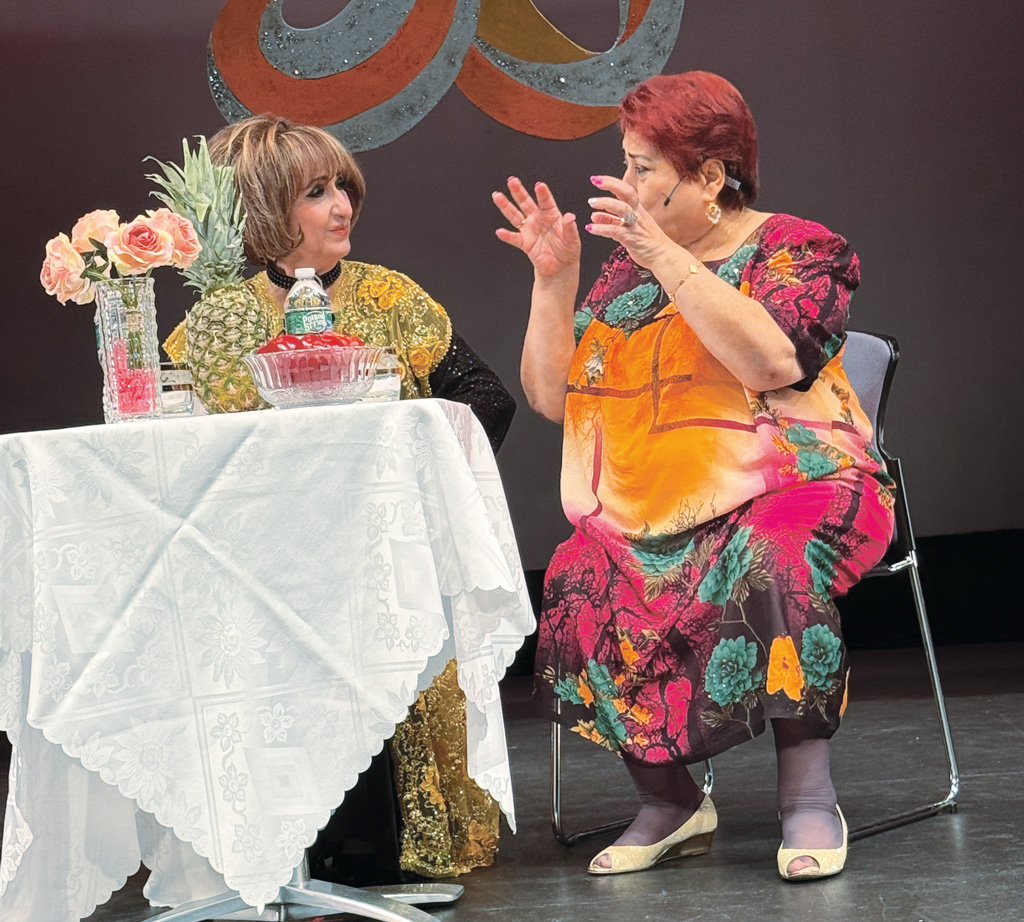
One story featured a single mother (played by Mira Aronbaeva), distressed that her three adult
daughters refuse to marry. She feels embarrassed in front of her friend (played
by Lyuba) who visits to ask
about the neighbors—whose daughter she is considering as a match for her son.
Mira not only discourages Lyuba from pursuing the neighbor’s daughter but
starts offering her own children instead, all while making rather improper
remarks about the neighbors. Sounds familiar, doesn’t it?
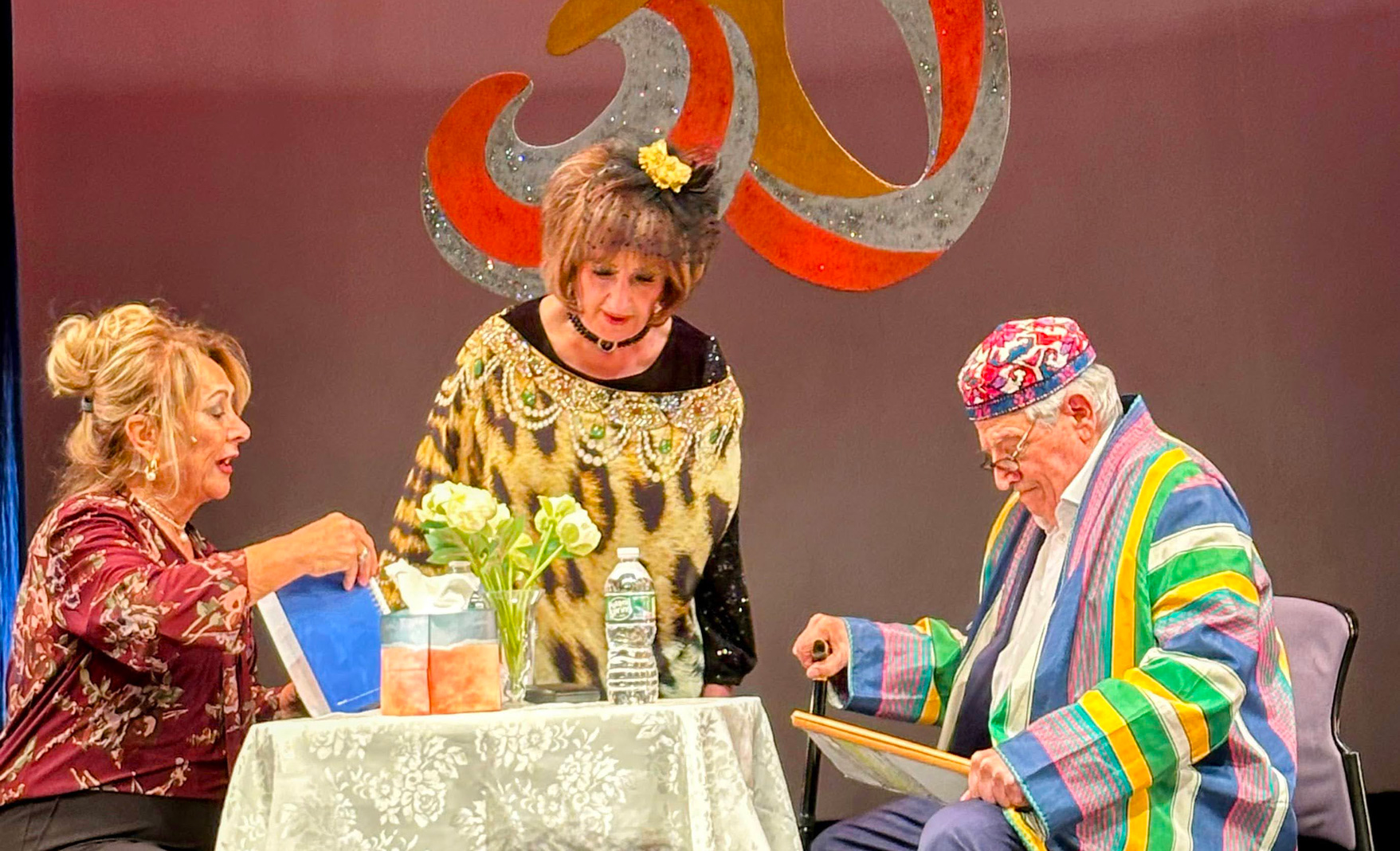 Another scene struck me deeply: an older woman (Lyuba), exhausted by a
difficult and rude husband (Ezro Malakov),
has lost all respect for him. During a doctor’s appointment (Roza Kandkhorova), their relationship
unfolds vividly before the audience. The doctor, lowering her eyes, turns
away—so as not to reveal her indignation at the man’s behavior. Funny—and sad.
Another scene struck me deeply: an older woman (Lyuba), exhausted by a
difficult and rude husband (Ezro Malakov),
has lost all respect for him. During a doctor’s appointment (Roza Kandkhorova), their relationship
unfolds vividly before the audience. The doctor, lowering her eyes, turns
away—so as not to reveal her indignation at the man’s behavior. Funny—and sad.
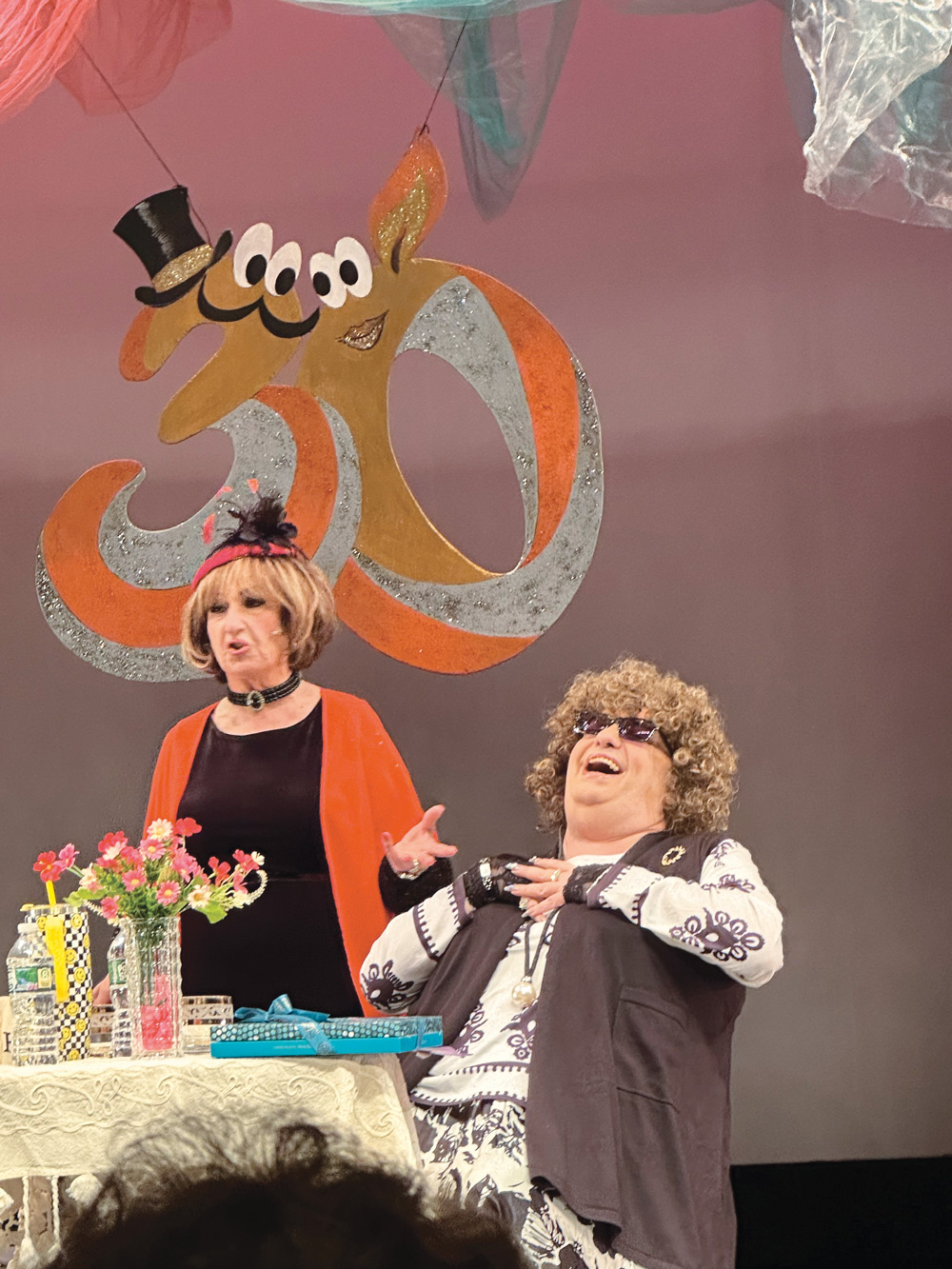
Then came a sketch featuring two mothers (Lyuba and Marta Diamond) who treat their children’s misbehavior
very differently. Marta tolerates—and even fears—her ill-mannered daughter,
while wise Lyuba gently but firmly teaches her a lesson in parenting: to teach
children good manners from early childhood, humility, respect for others
(especially parents), and care for them. Unfortunately, we don’t always see
this around us today.
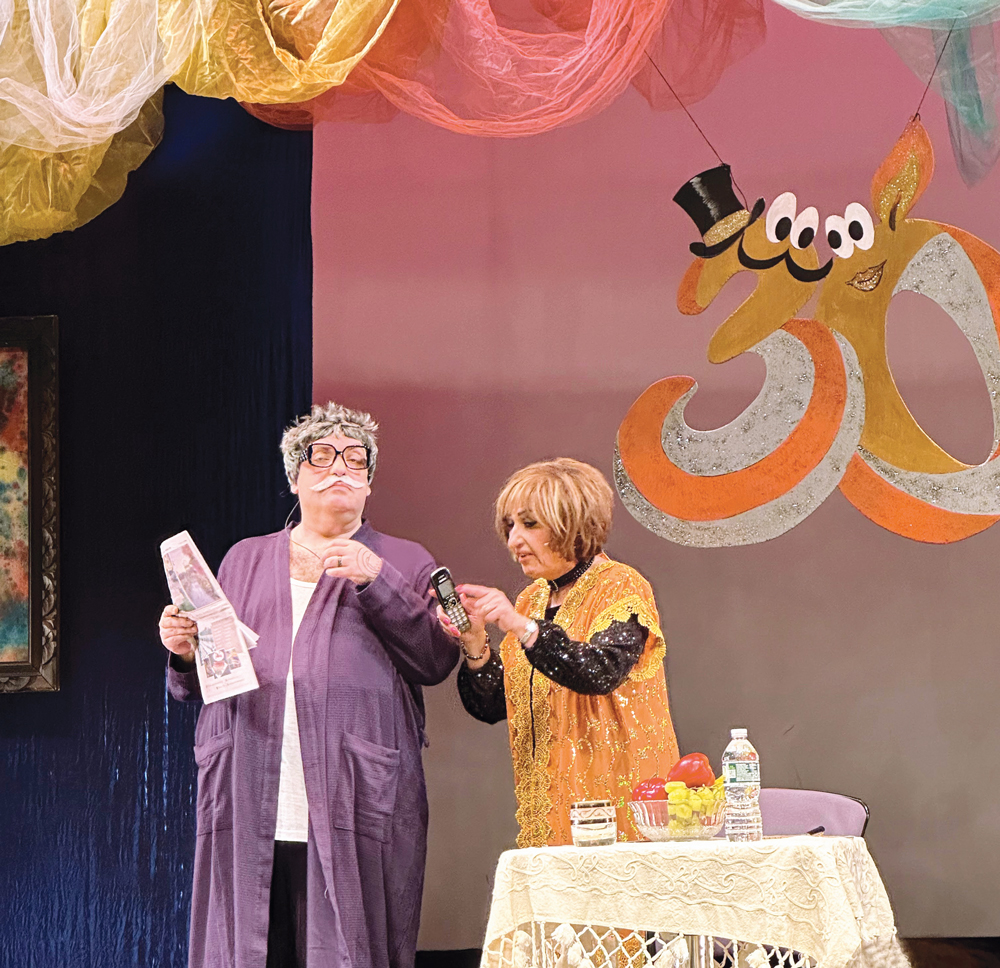
The highlight of the evening was a monologue of a jealous husband,
performed by Marta Diamond, who
realizes in old age what truly makes a woman happy. The power and sincerity of
his monologue left the audience in stunned silence—it touched everyone, not
just the women, to the core.
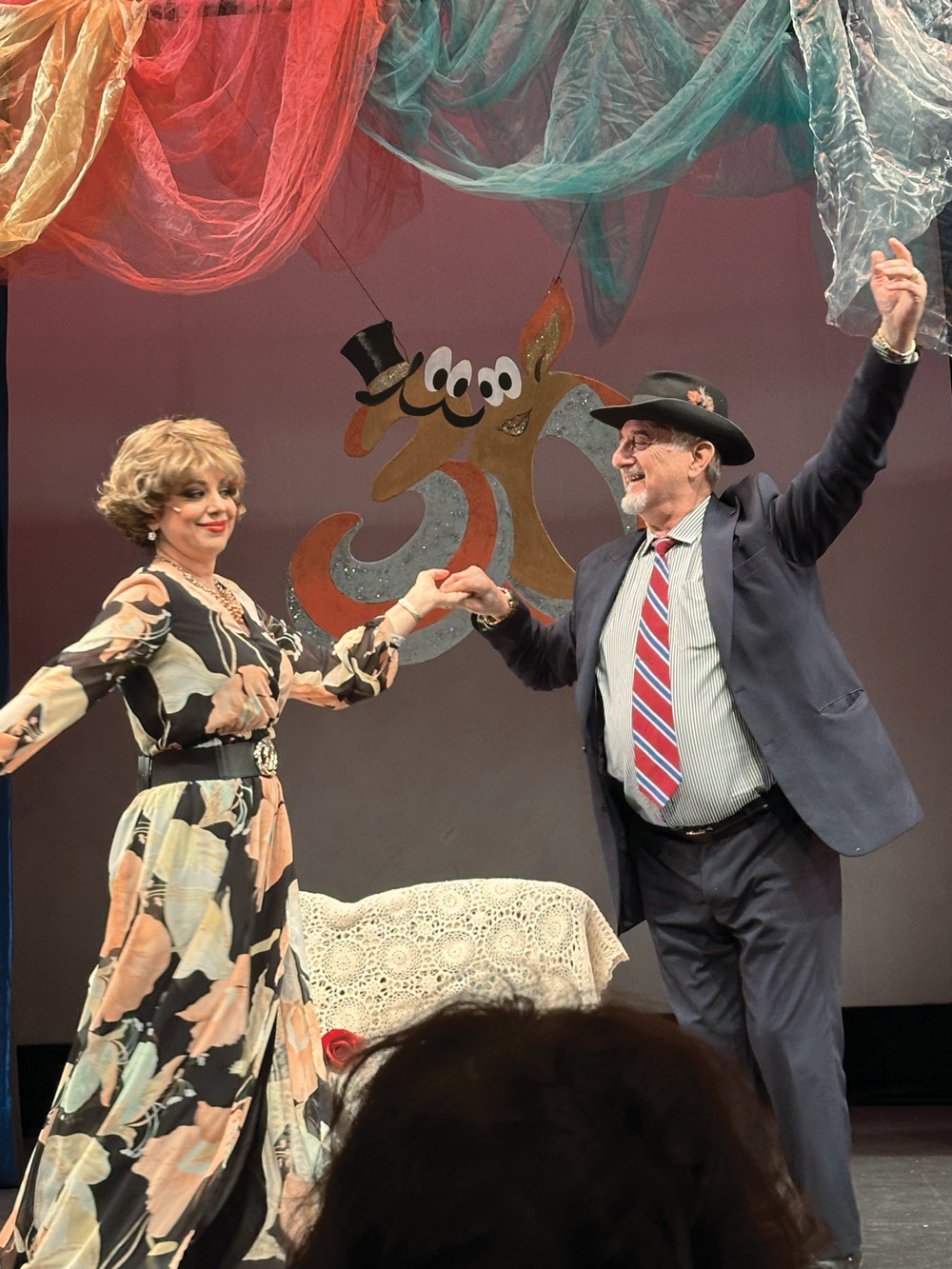
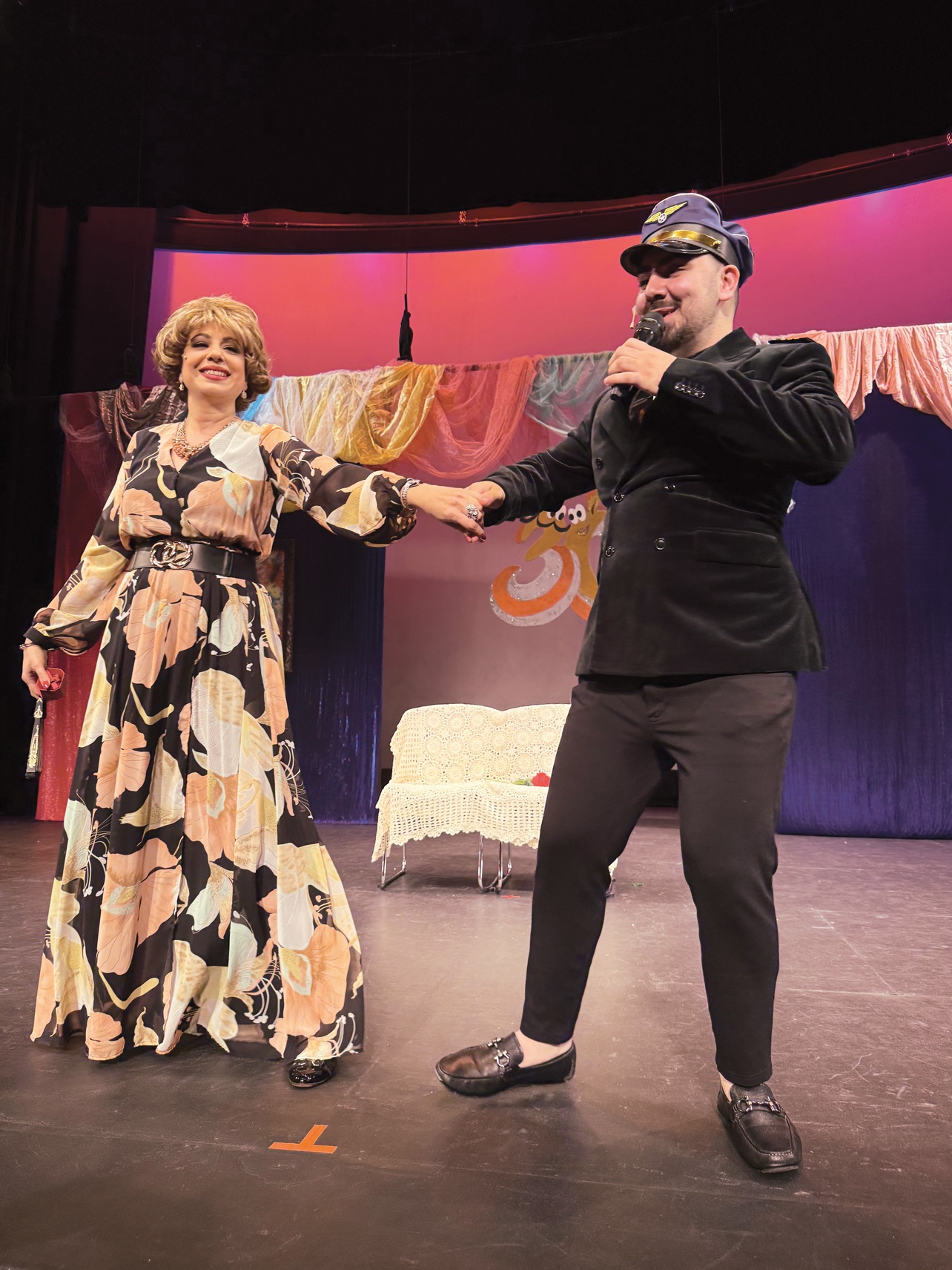 Maria
Sarikova, in the role of a woman who’s been married five times,
offered a vivid mix of strength, self-irony, and defiance of the quiet patience
that every Bukharian Jewish mother once taught. Her scenes with Rafael Kaikov and Daniel Hakimov were simply masterpieces!
Rejecting the charm of the first, her heroine couldn’t resist the charisma of
the second.
Maria
Sarikova, in the role of a woman who’s been married five times,
offered a vivid mix of strength, self-irony, and defiance of the quiet patience
that every Bukharian Jewish mother once taught. Her scenes with Rafael Kaikov and Daniel Hakimov were simply masterpieces!
Rejecting the charm of the first, her heroine couldn’t resist the charisma of
the second.
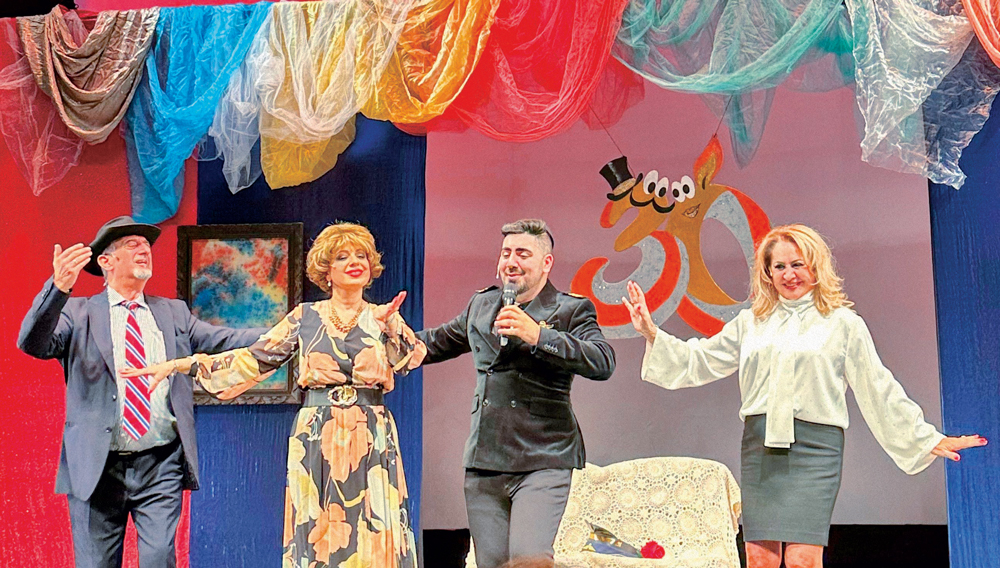
Young actresses Liana Inoyatova and Milena Sarikova beautifully enriched the performance’s
feminine narrative, emphasizing the complex destinies of women.
Heartfelt thanks to all the actors for this
celebration of soul and laughter!
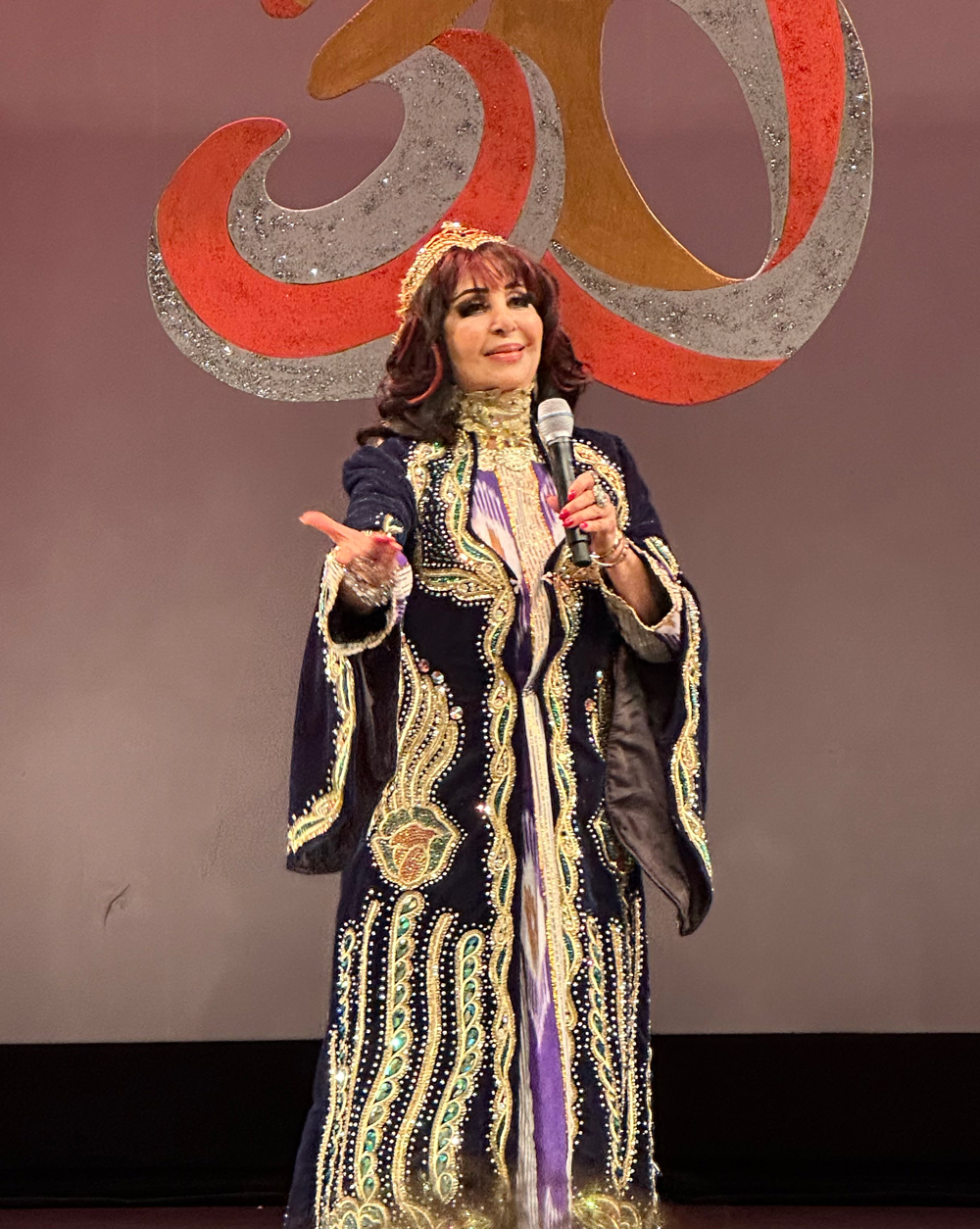
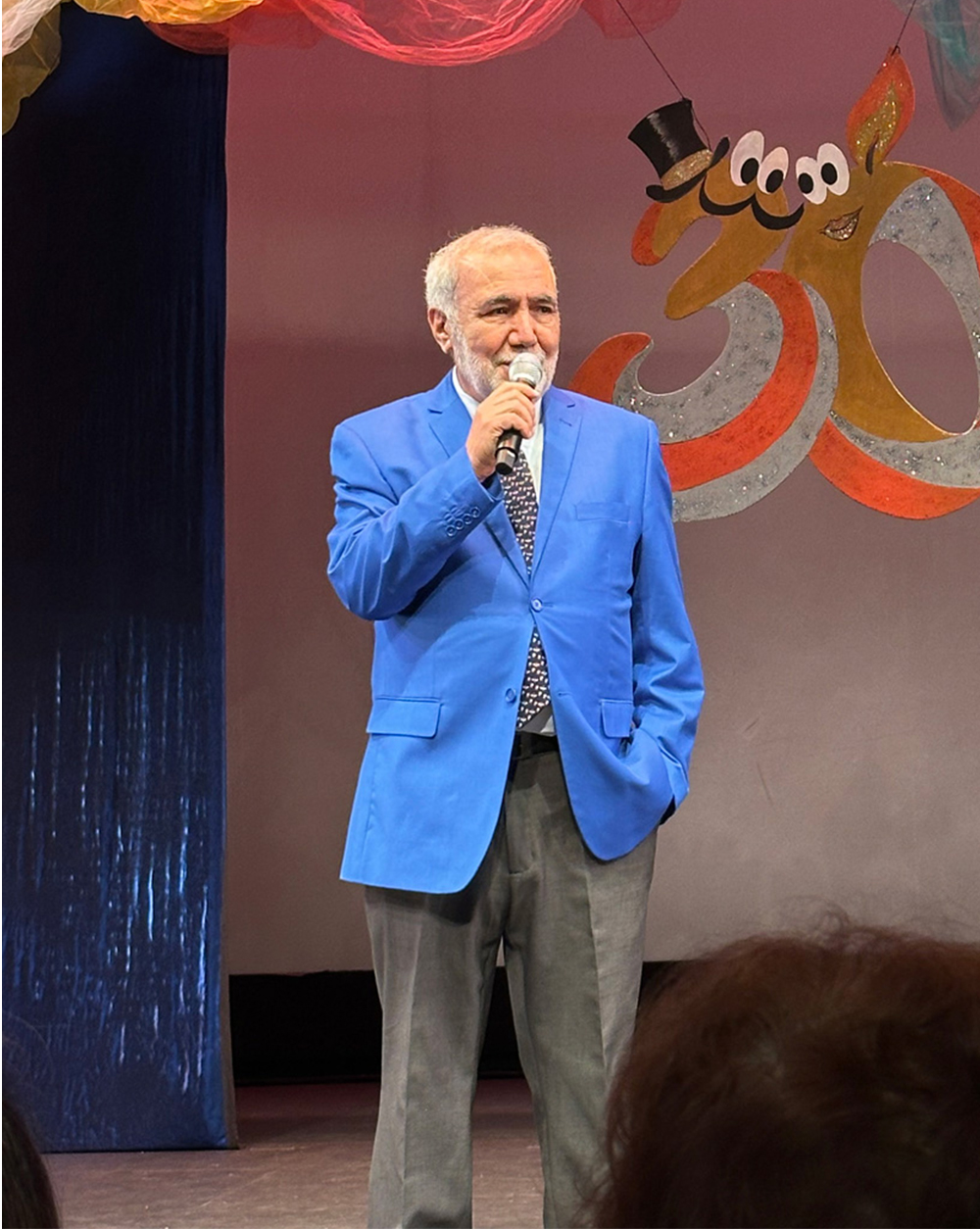
Special appreciation to Angela Borukhova,
Ben Isakov, and Tamara Katayeva for the musical
interludes that gave us a chance to breathe between laughter and tears; to Daniel Hakimov for his hilarious song
about the mother-in-law (“A good mother-in-law’s son-in-law is her favorite
child!”); and to the charming Ilona
Joseph for her radiant, heartwarming smile.
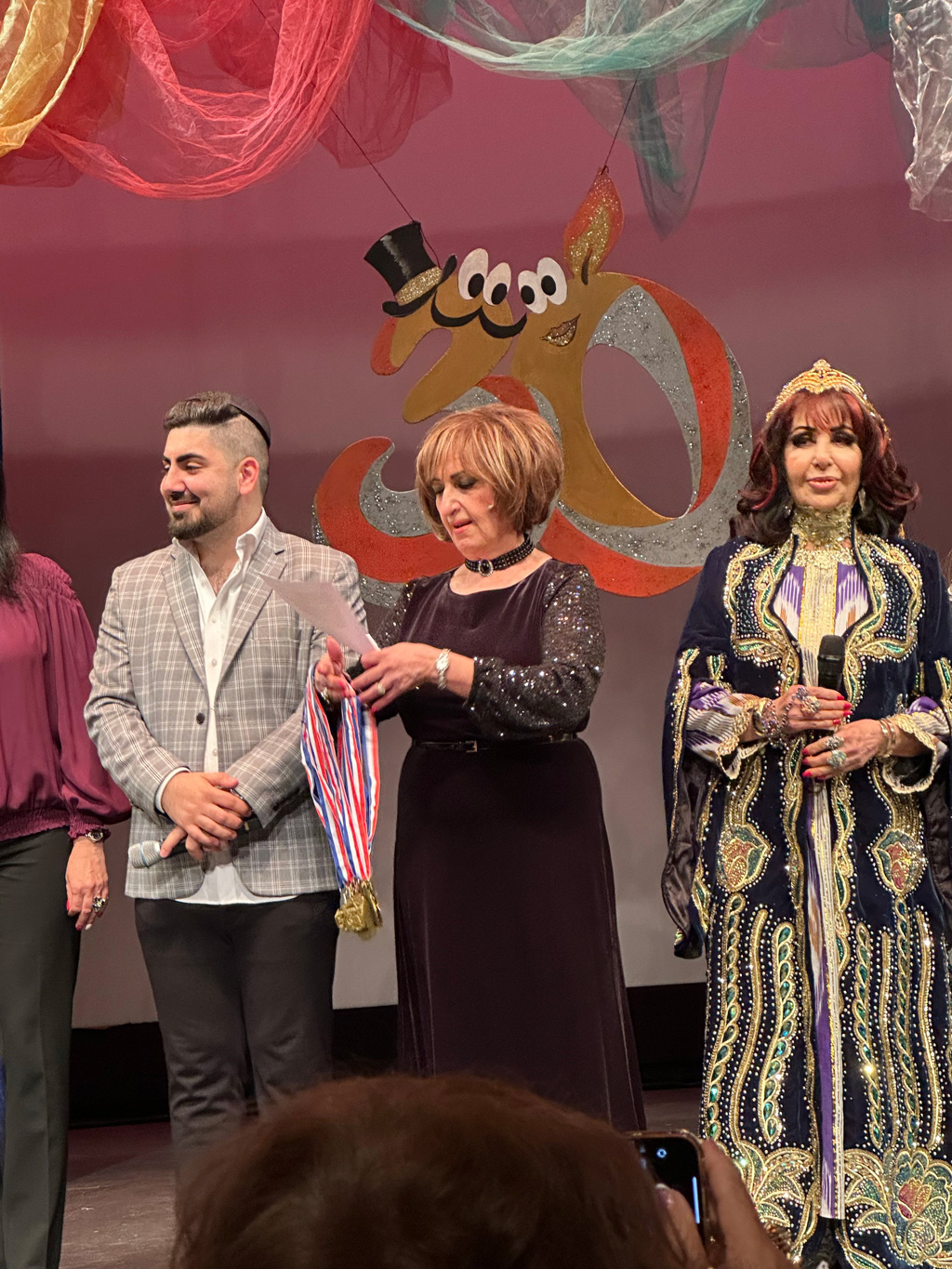
And, of course, our deepest bow to Lyuba Pilosova—for simply being in the
life of our community—and to all her sponsors for supporting her inspiring art.

